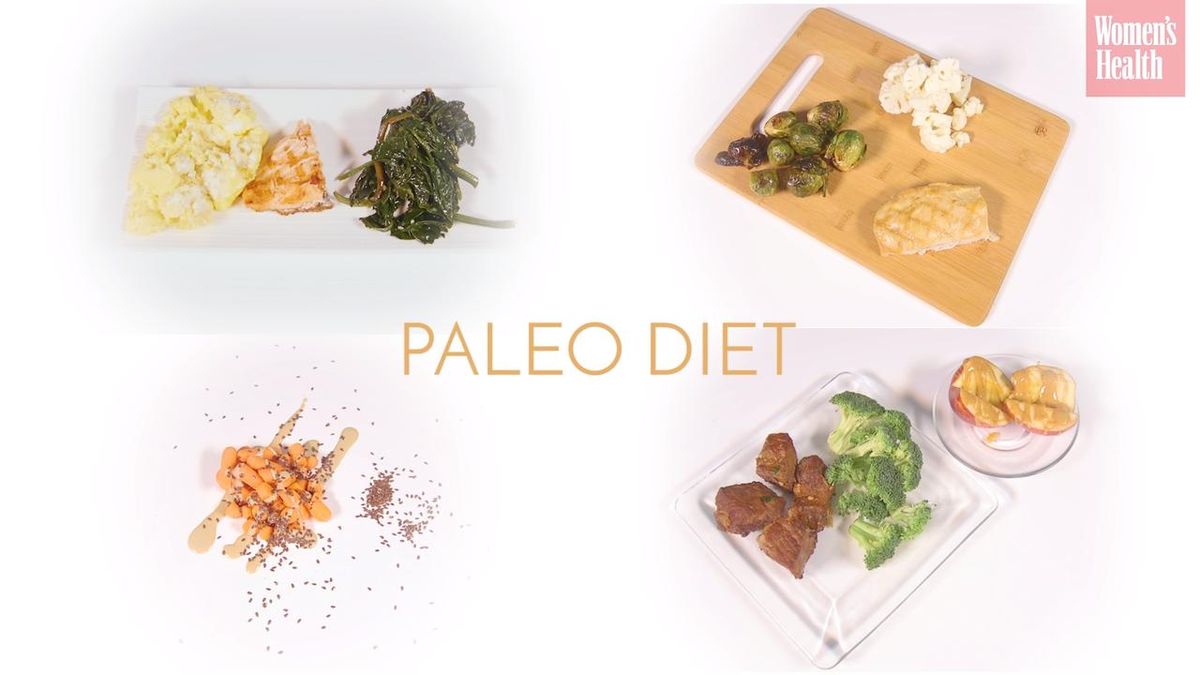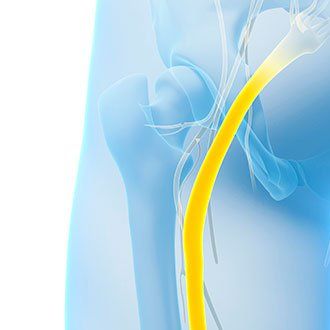Since the 1950s, tons of research on the Mediterranean diet—which emphasizes fresh fruits and vegetables, olive oil, and whole grains while limiting red meat and refined carbohydrates—has suggested that this eating plan is good for everything from your heart to your brain. Now there's reason to believe that it also helps with acid reflux, and it might even work better than medication.
(Fight diabetes and lower your cholesterol with the affordable, effective health hacks in The Doctors Book of Natural Healing Remedies!)
The study, published in JAMA Otalaryngology-Head & Neck Surgery, examined data from patients with a type of reflux (laryngopharyngeal reflux, or LPR) in which stomach acid travels up the esophagus to the throat. One group of 85 patients was treated with traditional drugs, while another group of 99 patients followed a Mediterranean-style diet and drank alkaline water. Both groups avoided common reflux triggers such as coffee, fatty and spicy foods, and alcohol.
MORE: 6 Weird Signs You Have Acid Reflux
After six weeks, the drug group saw a 27% reduction in symptoms, while the Mediterranean diet group saw a 40% decrease.
“Patients with reflux disease will benefit from improving their diet, period,” says study author Craig Zalvan, MD, chief of otolaryngology at The Institute for Voice and Swallowing Disorders at Phelps Hospital and associate professor of clinical otolaryngology at New York Medical College. “After about six weeks, if you’re feeling better, you can start experimenting with slowly reintroducing some ‘trigger’ foods such as coffee or chocolate, within reason.”
Animal-based foods increase the amount of amino acids in your stomach, eventually leading to higher levels of an enzyme called pepsin, which triggers acid reflux. A plant-based diet results in fewer amino acids, decreasing pepsin levels. The alkaline water offsets any acid that does arise, since pepsin is deactivated in a low-acid environment.
MORE: 4 Things Your Burps Are Trying To Tell You
While the results of this study are impressive, the research did have some limitations. For starters, it was a retrospective study, which means it used data from past patient records instead of recruiting patients and randomly assigning them to the diet or drug group. So while there's clearly a link between the Mediterranean diet and an improvement in reflux symptoms, we don't know whether dietary changes actually caused that improvement. We also don’t know how large a role the alkaline water played. Perhaps most importantly, the study didn’t take weight loss into account.
“The vast majority of patients with GERD are overweight or obese,” says Nancee Jaffe, RDN, a registered dietitian specializing in gastrointestinal disorders at UCLA Health. “Even slight weight gain in a healthy individual can cause acid reflux, and we don’t know whether or not the patients put on a dietary intervention in this study lost weight. A significant weight loss could have been achieved in six weeks.”
Here's what 1,200 calories looks like on 3 different diets:
Still, the fact that diet may work as well, if not better than, standard treatment is significant. Currently, proton pump inhibitors (PPIs) are used to treat acid reflux, but more than 5 out of 10 people who use them still have symptoms. And these drugs sometimes cause side effects such as low magnesium levels and heart palpitations; they've also been tied to serious infections that cause chronic diarrhea. Some research has even found an association between PPI and higher risk of chronic kidney disease.
Before you toss your reflux meds in the garbage, talk to your doctor. While dietary changes alone may work for some patients, "there are some people for whom you would never stop their acid medicine and just treat with diet, such as patients who develop complications" like Barrett's esophagus, says John Pandolfino, MD, chief of gastroenterology at Northwestern Memorial Hospital.
Whether or not you experience acid reflux, the Mediterranean diet is something most dietitians are eager to recommend.
MORE: Yet One More Reason To Follow The Mediterranean Diet
“The Mediterranean diet is beneficial for most individuals and we’re very supportive of it here at the Mayo Clinic,” says Mary Wirtz, RDN, a wellness dietitian at the Mayo Clinic Healthy Living Program. “I wasn’t overwhelmingly surprised by this study because I think there are still a lot of benefits of the Mediterranean Diet we haven’t learned about yet.”
Other research has found that the Mediterranean diet is associated with reduced incidence of cardiovascular mortality, cancer, Parkinson’s and Alzheimer’s disease, and overall mortality. If you’re looking to shift your current diet to a Mediterranean-style approach, Wirtz suggests starting with small changes. (These 4 recipes make the Mediterranean diet look easy!)
“Most people have good intentions and know how they should be eating, but it’s a matter of following through and planning regularly,” she says. “Start realistically. Take one evening a week to spend an hour chopping fruit and vegetables, or preparing whole grains in a big batch, so you can utilize these foods throughout the week.”
If you do, your food may just act as your medicine—if not better.













